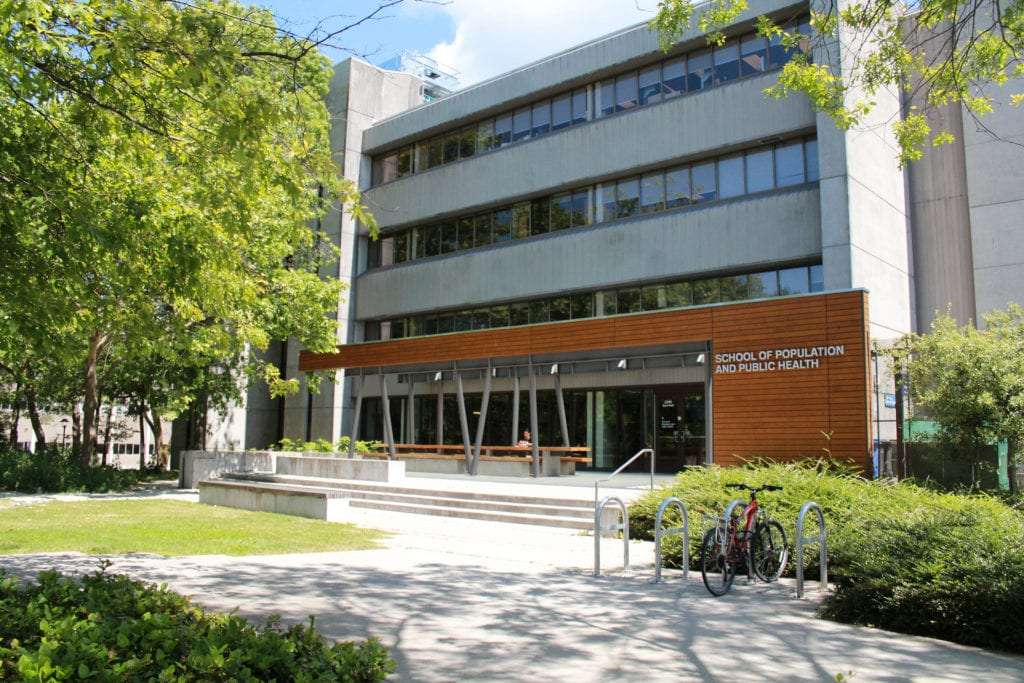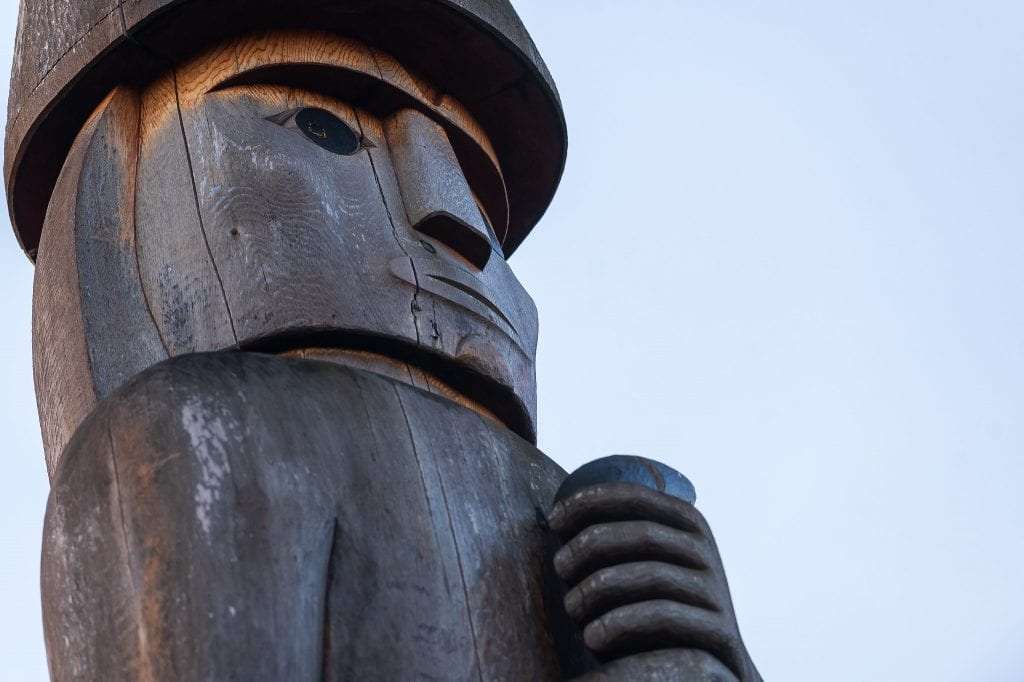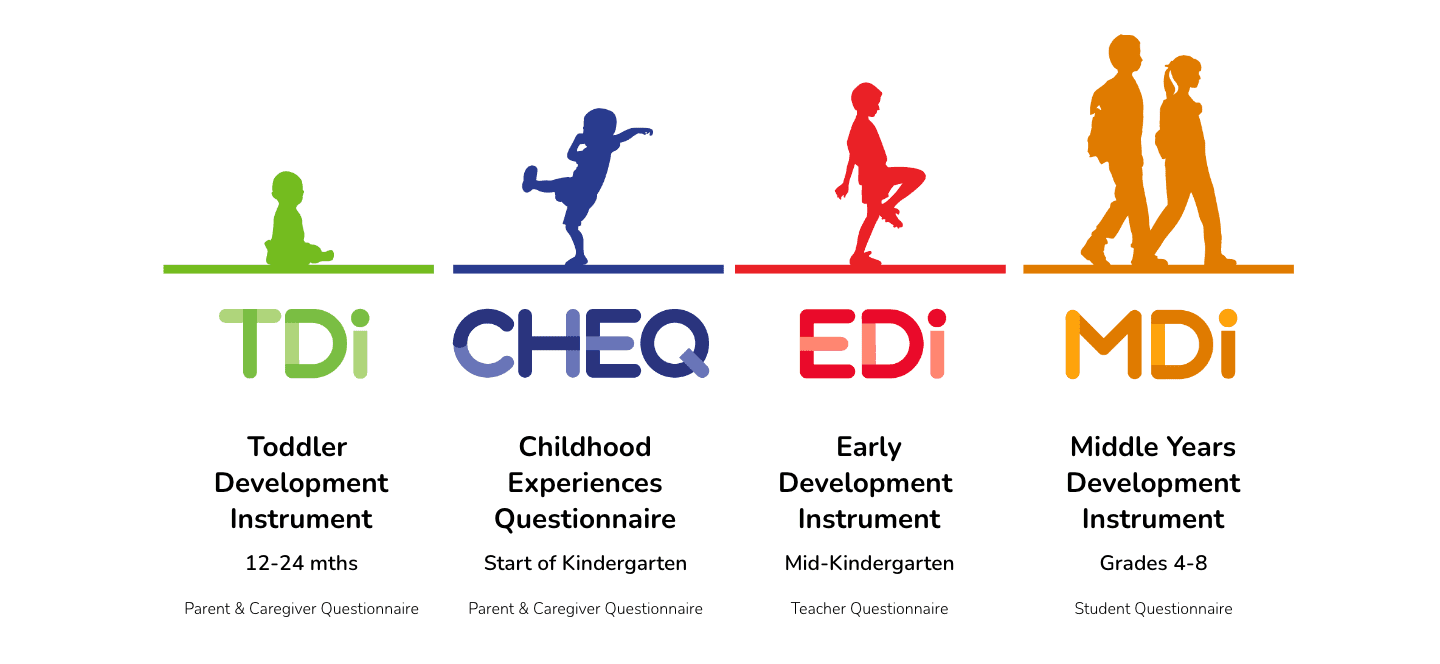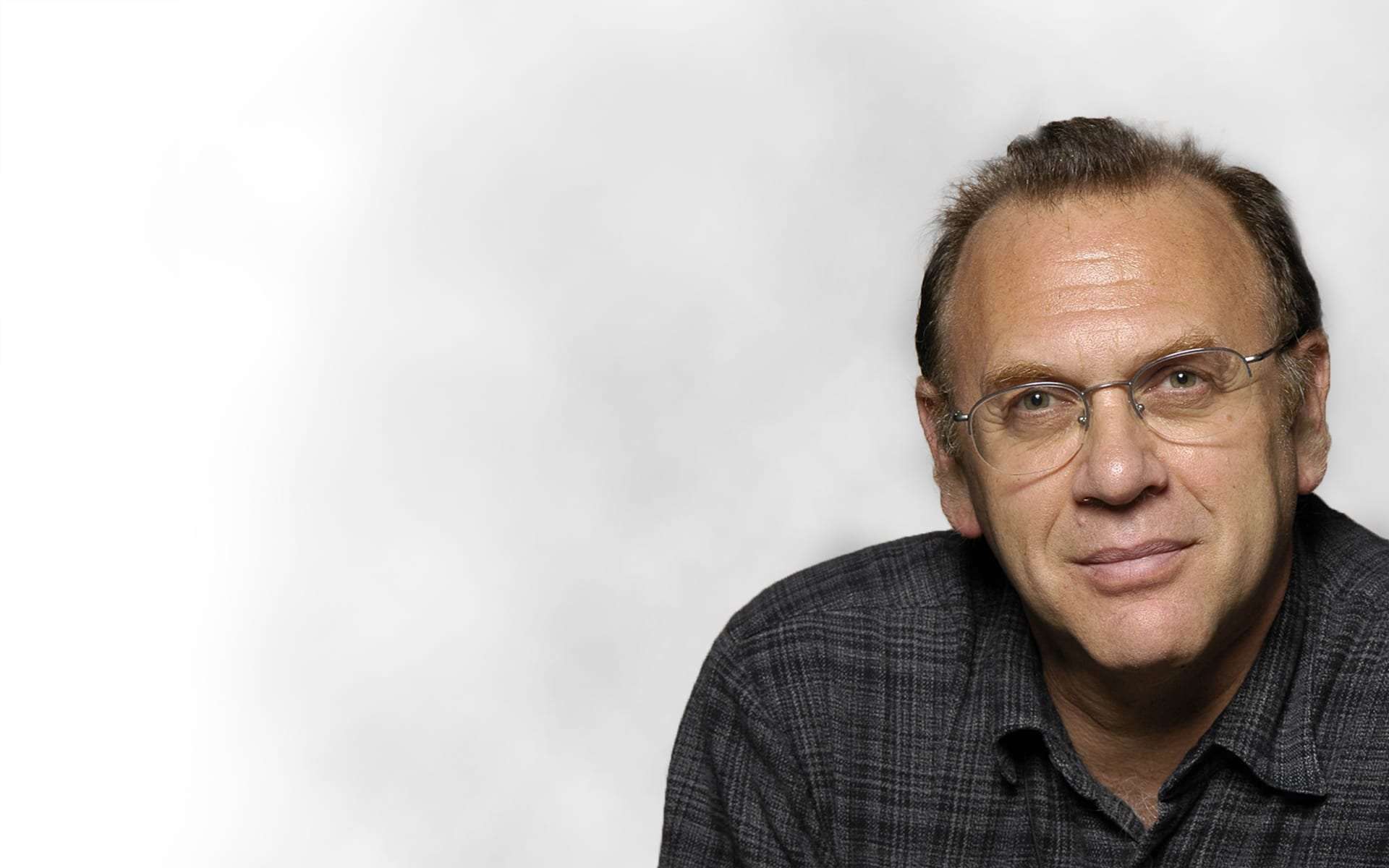The
Human Early Learning Partnership
The Human Early Learning Partnership (HELP) is an interdisciplinary research institute based at the School of Population and Public Health, Faculty of Medicine, at the University of British Columbia. HELP brings together researchers and practitioners from across BC, Canada and internationally to address complex child development issues. HELP’s research projects explore how different environments and experiences contribute to health and social inequities in children’s development over their life course.
OUR VISION
All children thriving in healthy societies.
OUR MISSION
We are dedicated to improving the health and well-being of children through interdisciplinary research and mobilizing knowledge.

HELP strives to engage First Nations, Inuit, and Métis communities in research, data collection, and reporting in a culturally-responsive and safe manner that acknowledges the history, language and culture of First Nations, Inuit and Métis children and their families. HELP also recognizes the importance of conducting research that is guided by First Nations, Inuit, and Métis ways of knowing.
To support this approach, HELP established an Aboriginal Steering Committee (ASC) in 2003. ASC members are leaders and experts, and elders and community members from First Nations, Inuit and Métis communities in BC and Canada. The ASC works in partnership with HELP faculty, staff and partners to understand the needs of First Nations, Inuit and Métis children, their families and communities. Learn more about the ASC.

HELP strives to engage First Nations, Métis and Inuit communities in research, data collection, and reporting in a culturally-responsive and safe manner that acknowledges the history, language and culture of First Nations, Métis and Inuit children and their families. HELP also recognizes the importance of conducting research that is guided by First Nations, Métis and Inuit ways of knowing.
To support this approach, HELP established an Aboriginal Steering Committee (ASC) in 2003. ASC members are leaders and experts, and elders and community members from First Nations, Métis and Inuit communities in BC and Canada. The ASC works in partnership with HELP faculty, staff and partners to understand the needs of First Nations, Métis and Inuit children, their families and communities. Learn more about the ASC.
“Our partnership with the UBC HELP team continues to have a significant impact on our ability to create healthy environments for our students in schools, and to support efforts in the community to focus on the wellness of our children.”
The Child Development Monitoring System
The Middle Years Development Instrument (MDI) questionnaire is part of the Child Development Monitoring System (Monitoring System). The Monitoring System consists of five questionnaires (the TDI, CHEQ, EDI, MDI and YDI) that provide connections across the early life course: from toddlerhood and into kindergarten, in Grades 4 through 8, and finally during secondary school in Grades 11. It gathers information on critical periods in children’s development, exploring individual, family, and community factors from a diversity of perspectives: parents, teachers and children themselves. These questionnaires support the collection of population-level data about the development, well-being, experiences and environments of children and youth in BC.

The Monitoring System is the foundation for HELP’s interdisciplinary research that attempts to address the question: “What are the differences that make a difference?” In addition, these data are used across sectors and communities to support collaboration and inform policy and practice.
HELP's Founder
The institute was founded by Drs. Clyde Hertzman and Hillel Goelman in 1999. Clyde’s vision for HELP was to advance knowledge about child development and importantly, to apply this knowledge in communities. The work of HELP over two decades would not have been possible without his vision and passion.

HELP's Founder
The institute was founded by Drs. Clyde Hertzman and Hillel Goelman in 1999. Clyde’s vision for HELP was to advance knowledge about child development and importantly, to apply this knowledge in communities. The work of HELP over two decades would not have been possible without his vision and passion.

